What Sets Humans Apart From Other Creatures? Less Than You Might Think.
Our new book, “Wild Life,” publishes today.
Over the past few months, we’ve run excerpts from our new book, Wild Life: An Explorer’s Guide to the World’s Living Wonders, which publishes today. This last excerpt is from the introduction, which situates our own species within the web of life.
About 7 million years ago, a new twig sprouted on the tree of life. Over time, different animals within this lineage arose and adapted. Just one of these—our own species, Homo sapiens—survives to the present day. But we have, by certain measures, done very well.
Humans will go almost anywhere and eat almost anything. We are constantly developing new behaviors—finding exciting ways to use our intricately folded brains, dexterous fingers, flair for communication, and peculiar stride. Many skills we once thought were unique to us have turned out to be more widely distributed—there are birds that set fires, bees that brew perfumes, and chimpanzees that invent and use tools. However, our species is singular in our desire and ability to depict and describe the world’s other life forms, which we have been doing for at least 51,200 years (the age of the world’s oldest known figurative cave painting, which shows a Sulawesi warty pig).
Humans are also unusual in our depth of engagement with our fellow living creatures—the plants, animals, and organisms upon whom our lives completely depend. We are of course bound to them with every breath of air and every bite of food. But we also learn from the species around us, using our observations of them to build new understandings of how life on Earth has been, is, and could be. We take inspiration from them, paying tribute to the collaged sounds of the flute lyrebird, the sudden colors of a desert in bloom, the shocking strength of the tiny hero shrew, and the hidden relationships of trees. We catalog rare cacti, study fishing cats, help gibbons, host pseudoscorpions, and work alongside honeyguide birds.
As the success of our particular species reshapes the world, now is a good time to remind ourselves that we made that world together with many others—wild creatures big and small, familiar and unfamiliar, plant and animal and fungus and microbe. A small fraction of them are collected in this book, this era’s version of a tableau on a cavern wall. May they come alive for you in Atlas Obscura: Wild Life.
Wild Life celebrates hundreds of surprising animals, plants, fungi, microbes, and more, as well as the people around the world who have dedicated their lives to understanding them. Order your copy today!
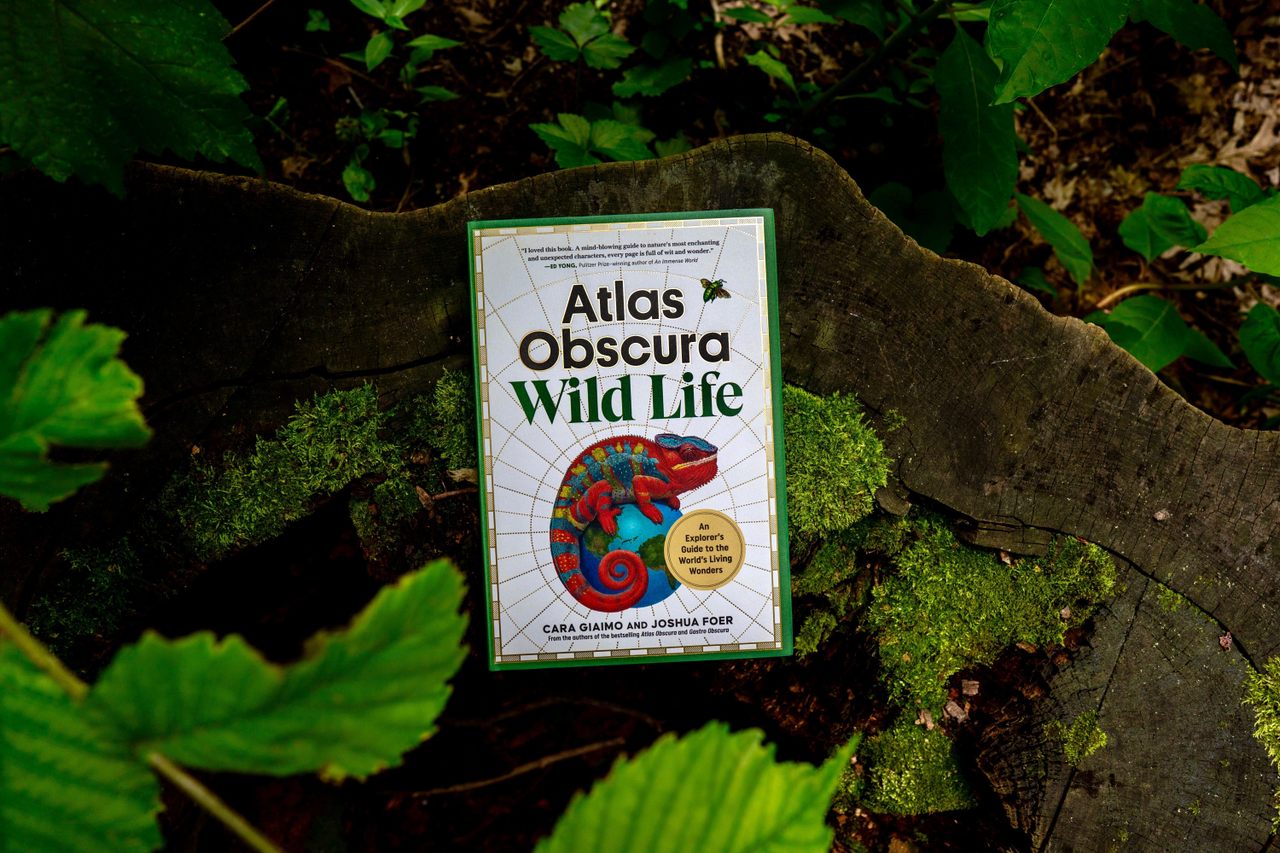
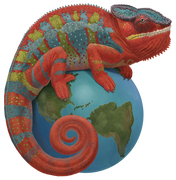

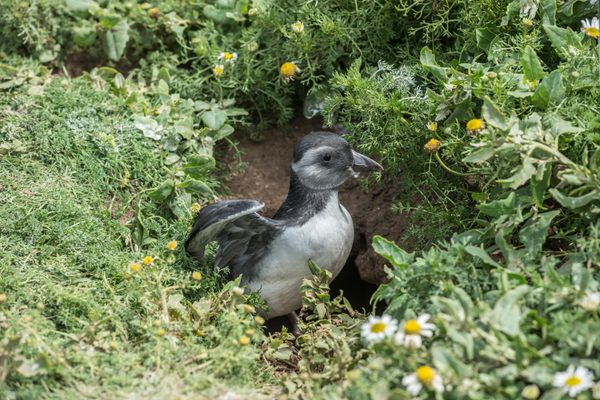
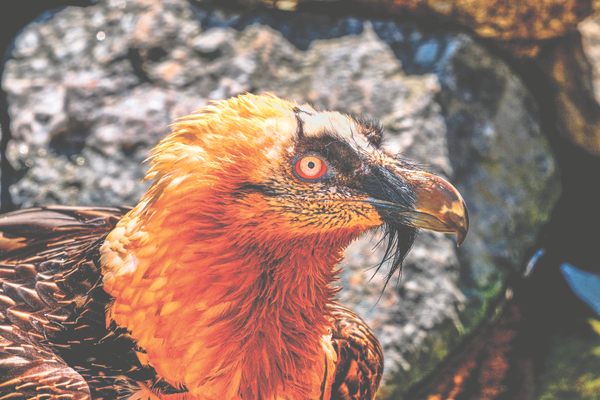


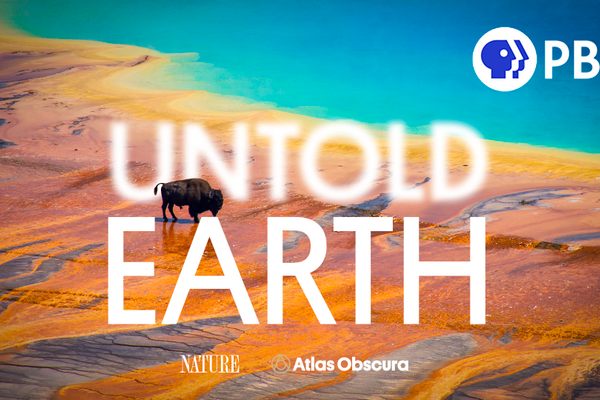
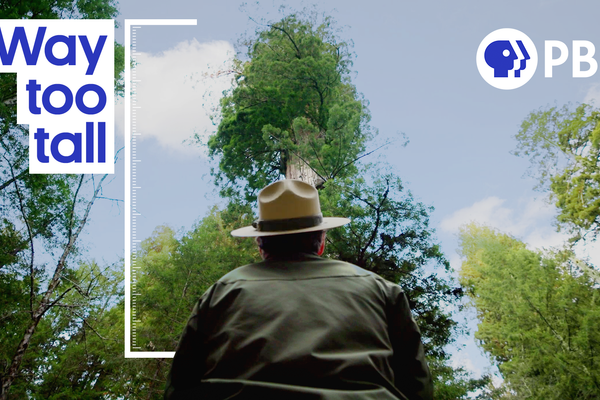
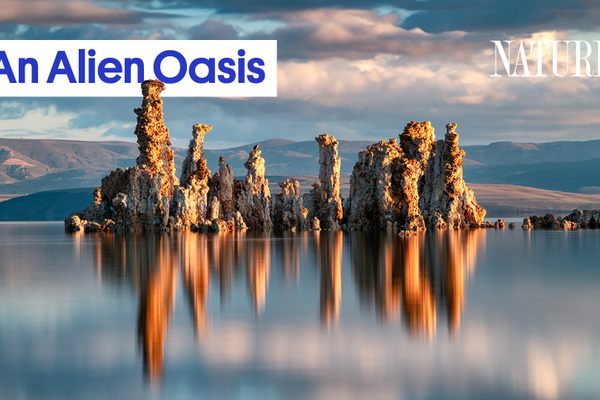
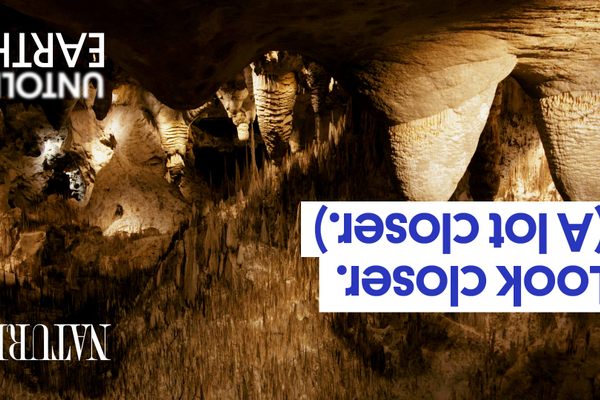

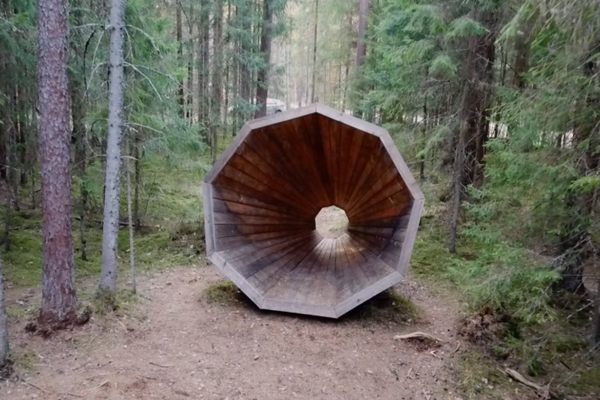
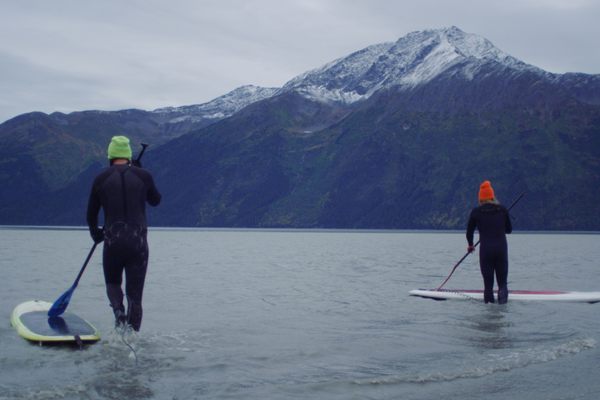



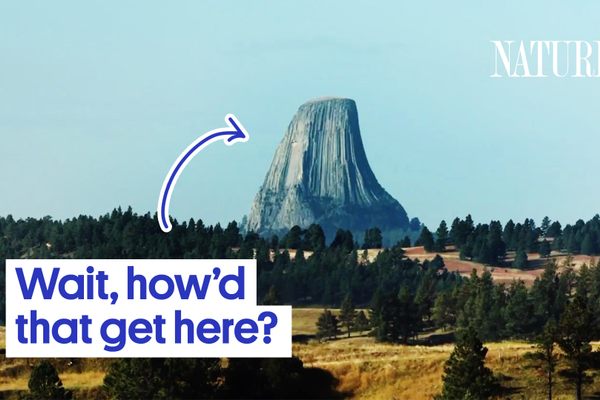




Follow us on Twitter to get the latest on the world's hidden wonders.
Like us on Facebook to get the latest on the world's hidden wonders.
Follow us on Twitter Like us on Facebook